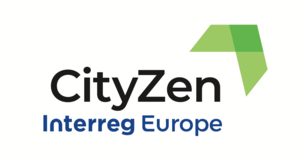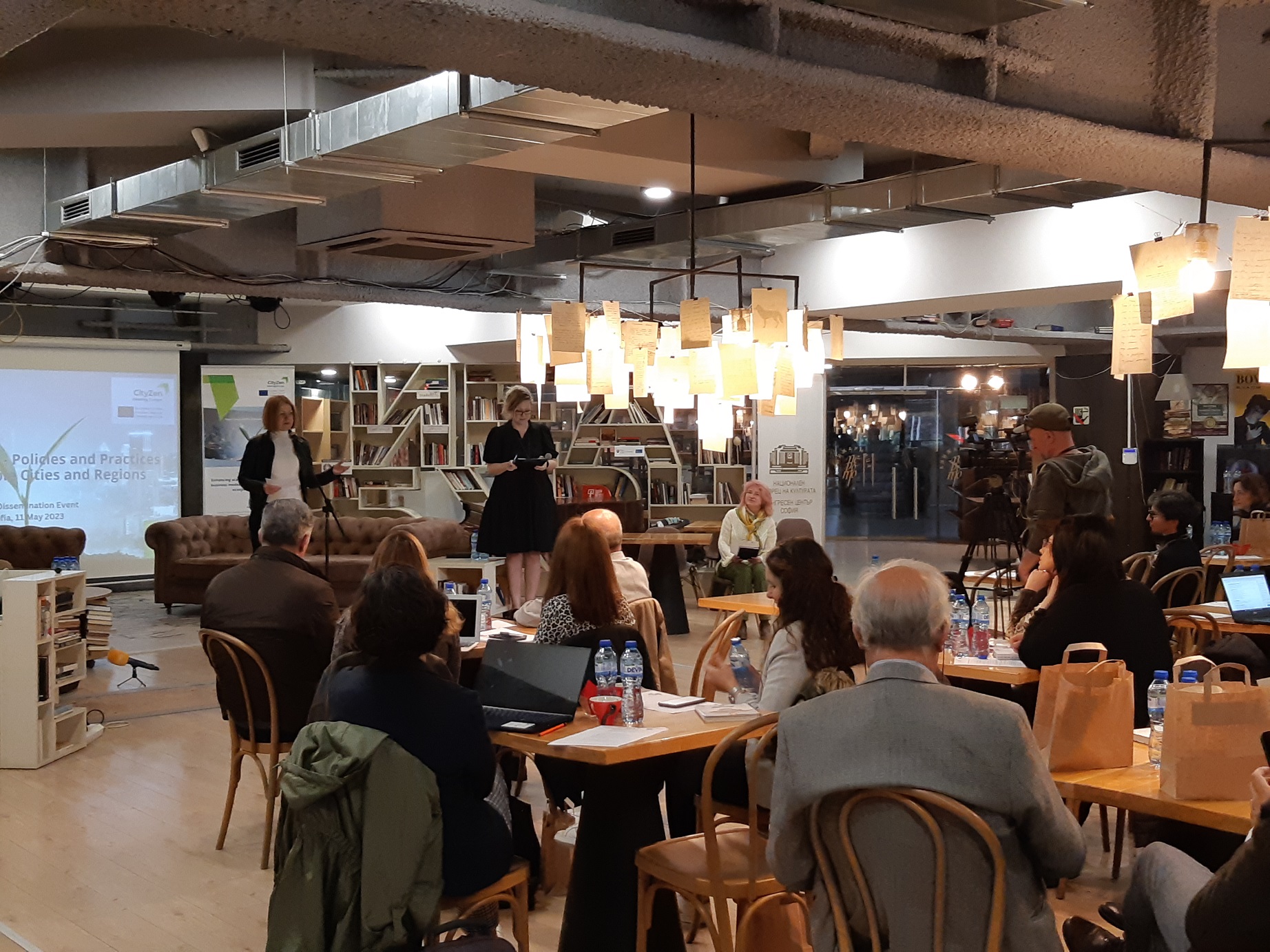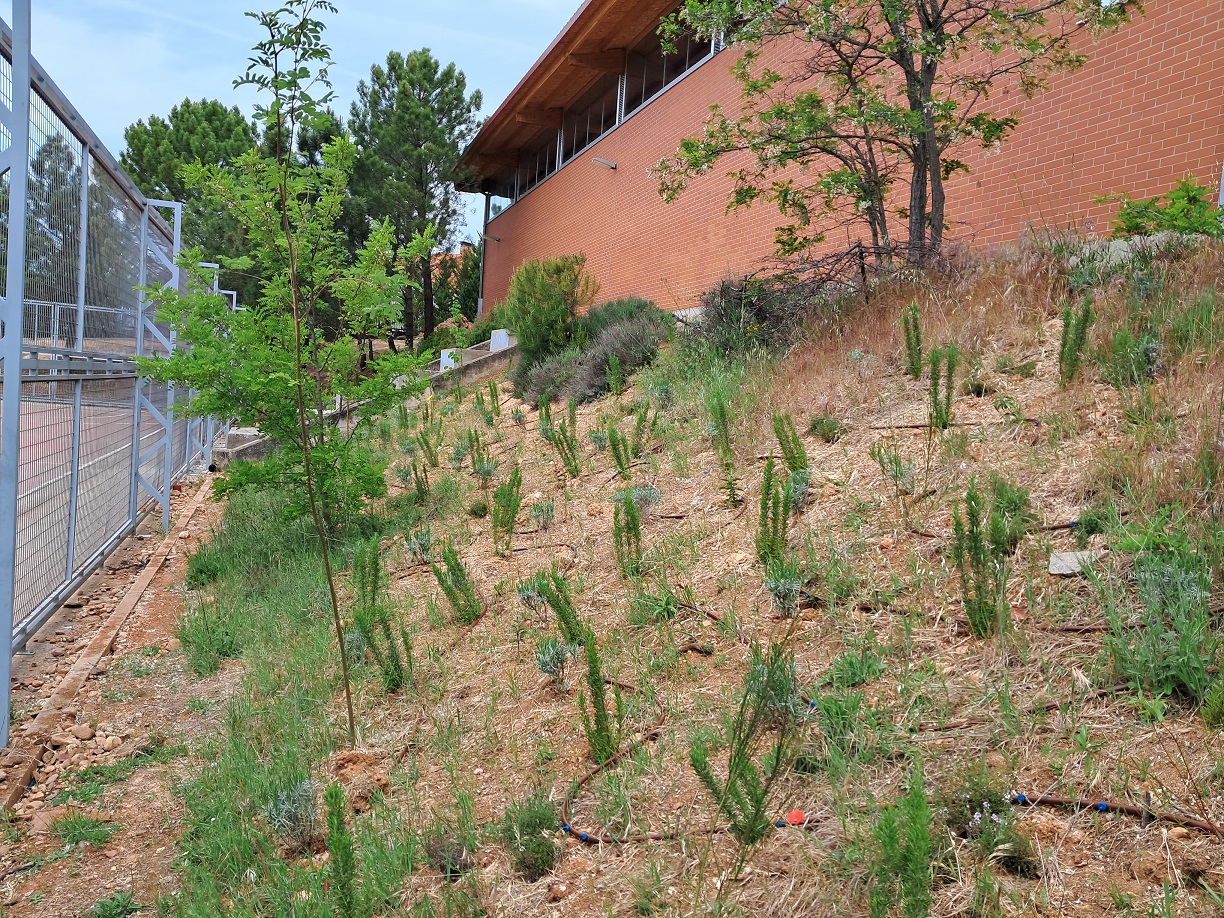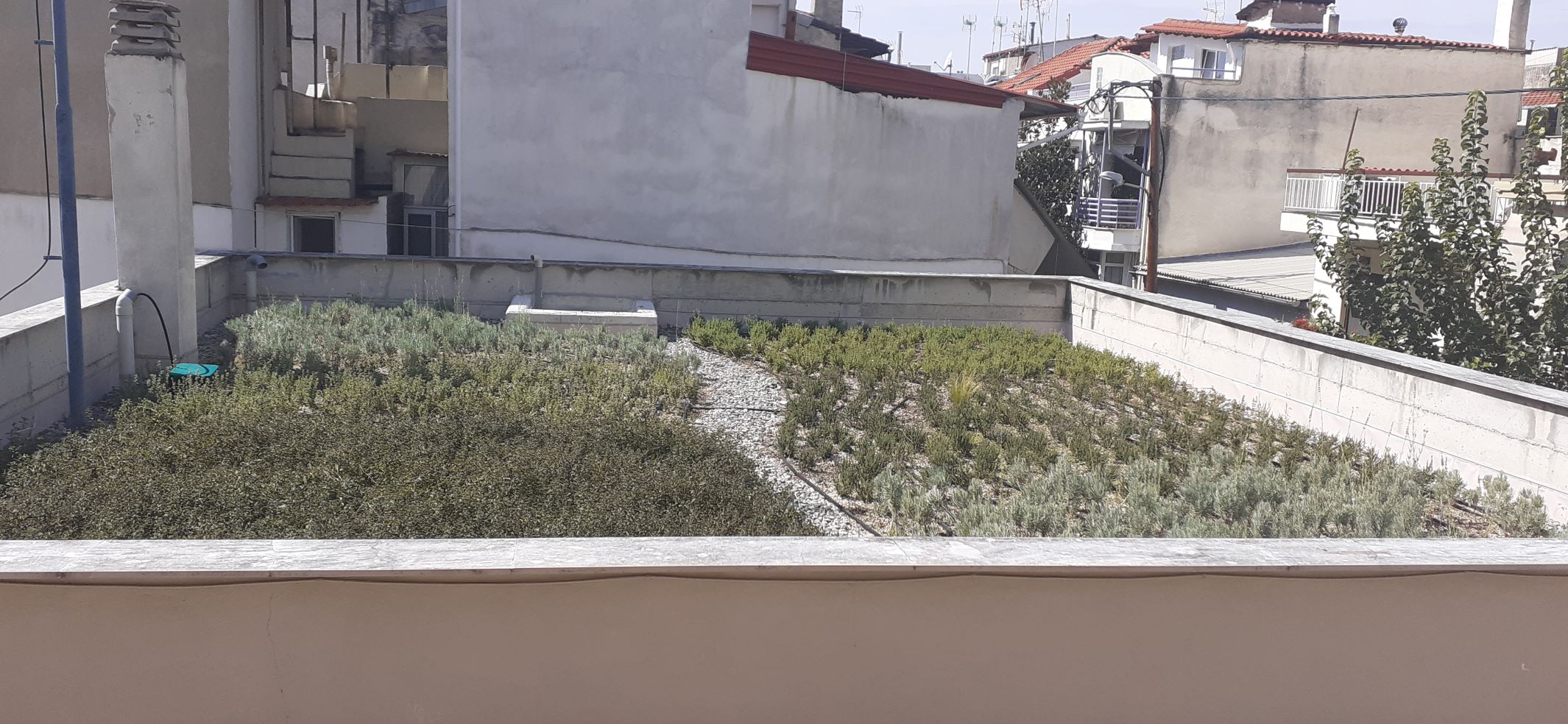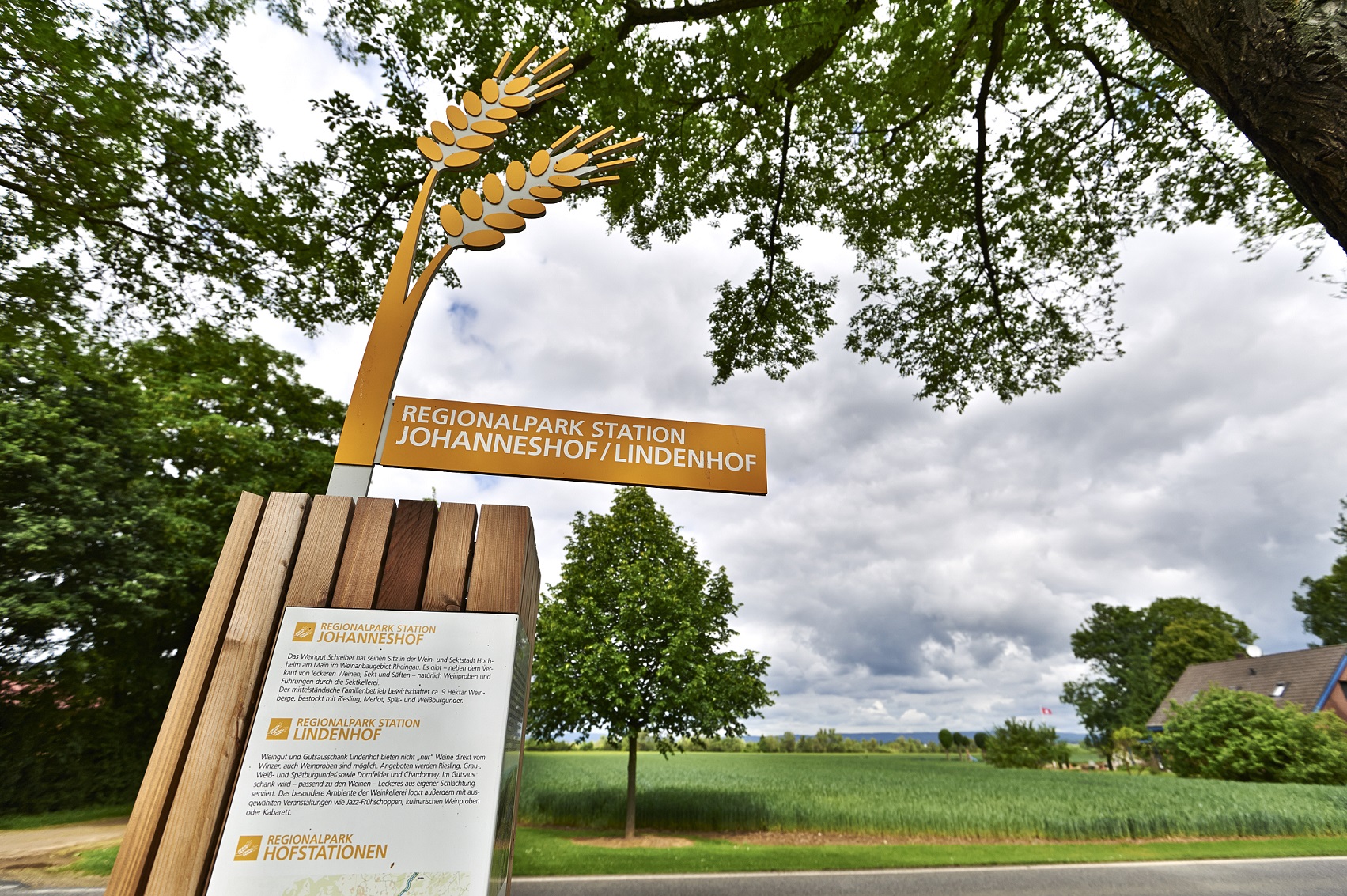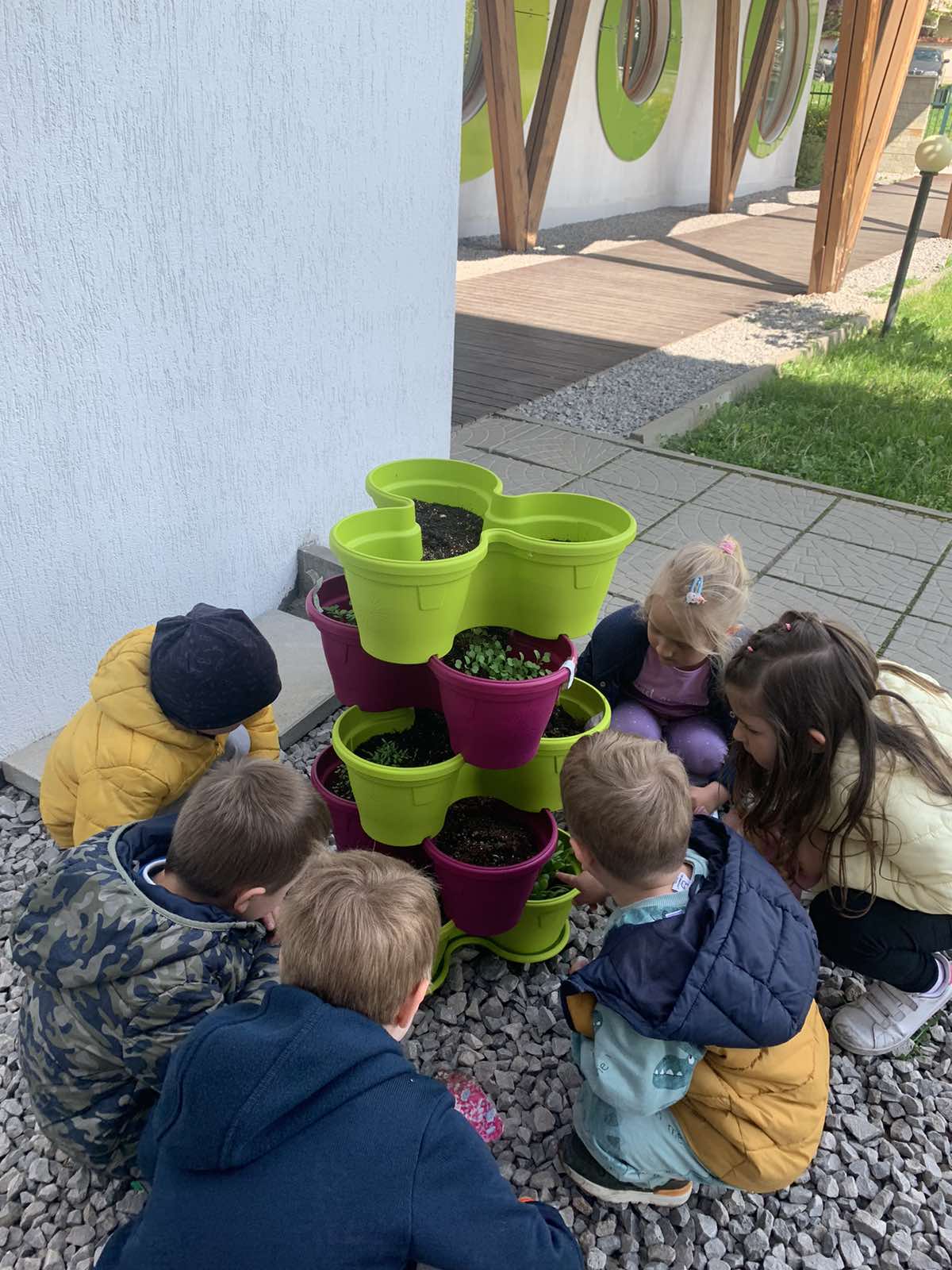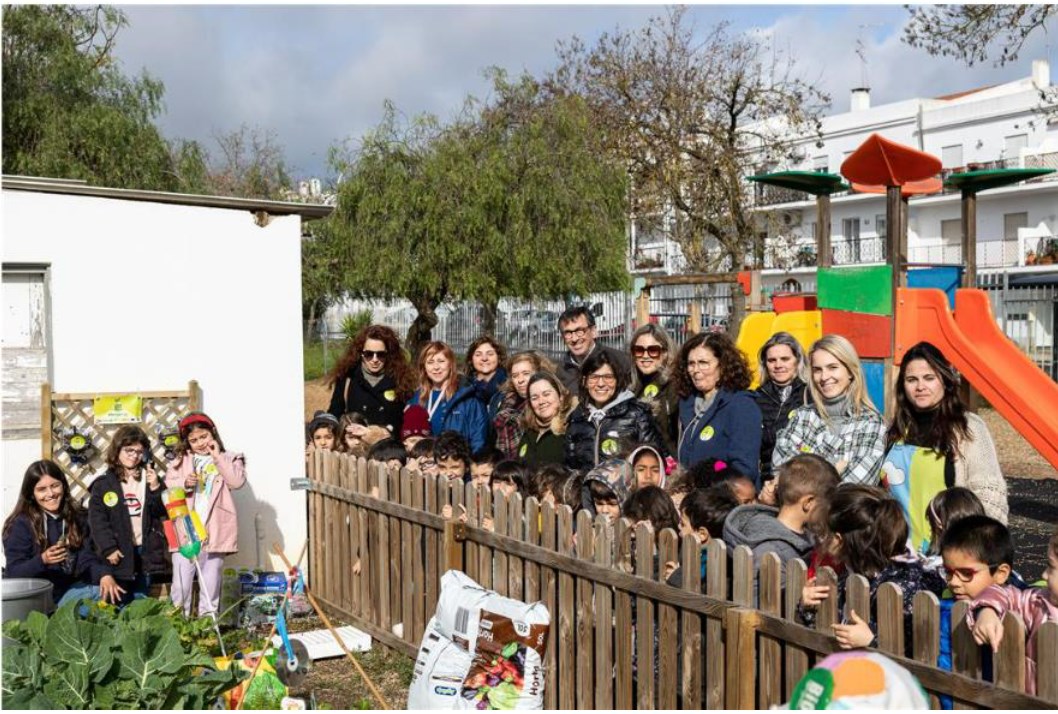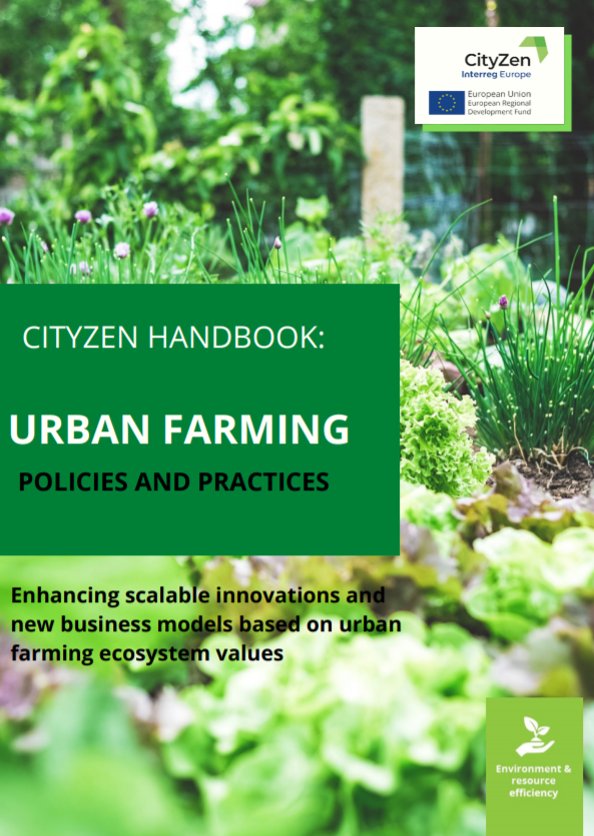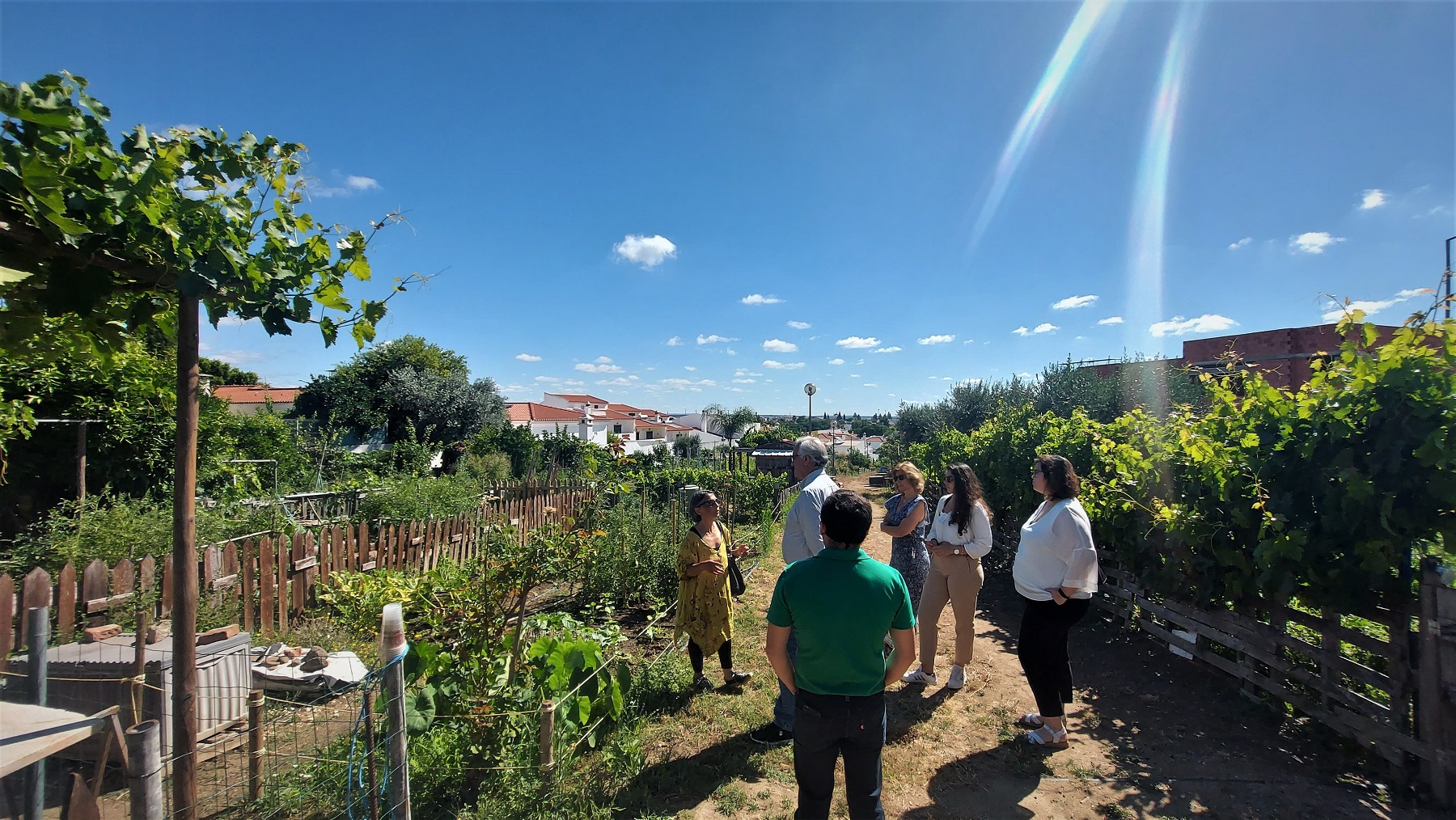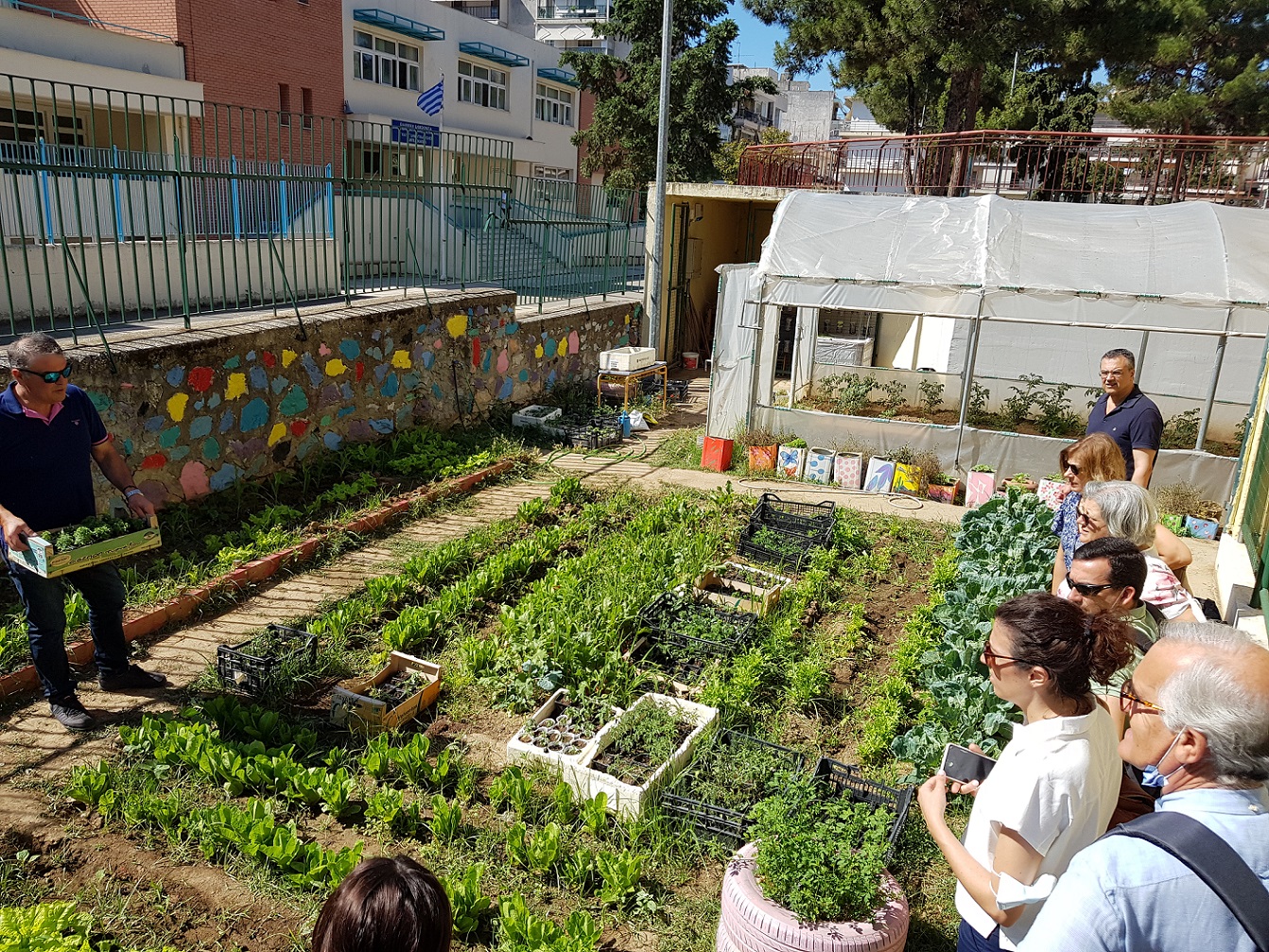On February, 22 Baixo Alentejo Intermunicipal Community (CIMBAL) hosted a meeting with the intermunicipal network of schools to present, share and debate ideas on the CityZen pilot action.
The pilot action aims at developing school contents related to urban farming integrating it in extracurricular activities, aiming at increasing contact between children and nature, enabling children to obtain knowledge in an informal way and experiential learning thus setting the ground for a more stimulating learning process.
The Pilot Action foresees the development of school contents and pedagogical kits, by the Municipality of Beja, CIMBAL and the intermunicipal network of schools, in 10 schools of the 1st cycle in Baixo Alentejo, covering a total of 20 classes and about 400 students.
The contents will address the sustainable development goals, namely urban farming, food waste prevention, food production and scarcity, water and waste. These contents are intended to:
• Promote research, debates, and activities on environmental, food and nutrition issues;
• Stimulate dynamic, participatory, inter and transdisciplinary pedagogical work;
• Enable knowledge achievement, through experimentation;
• Generate multiple and effective learning;
• Encourage the commitment of students to the environment;
• Promote and stimulate a healthy eating style.
The teaching kits will be distributed to each class and consist of:
• 1 guide on organic farming;
• 1 guide on composting;
• 1 physical or digital game on circular economy;
• Soil for the vegetable garden;
• Seeds.
The pedagogical kits will also include one composter per school. The materials of the pedagogical kits will be produced with recycled materials and distributed digitally whenever possible. This action also foresees the hiring of technical advisors to follow the school gardens and monitor project implementation. Feedback from the schools will be collected through meetings and surveys 2 months after the integration of this content in extracurricular activities. The responses regarding the adaptation of the students to these contents, the ease of use of the materials in the pedagogical kits, the impacts on the children's behaviour will be analysed and used to produce guidelines for possible replication in other regions, as well as to verify the pilot´s success.
These activities will have a positive impact on the children regarding the acquisition of healthier eating habits and will prepare them to understand the importance of using natural resources in a sustainable way.
